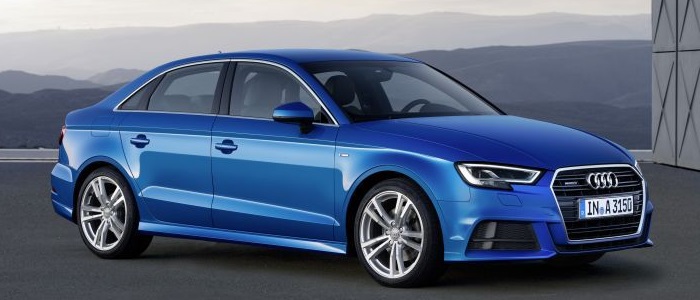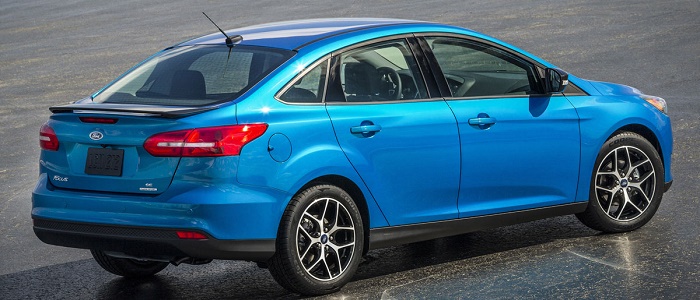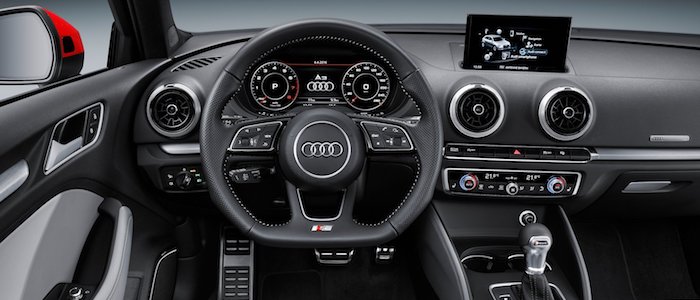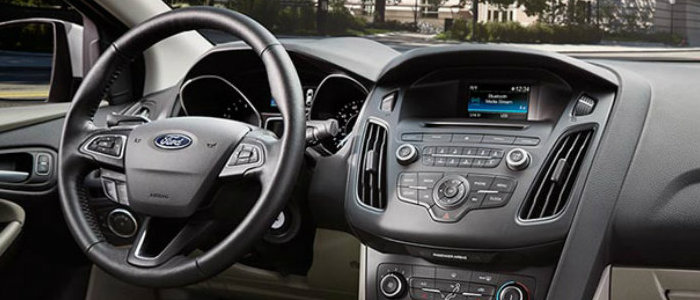Compare two cars
Compare any two cars and get our Virtual Adviser™ opinion
Dimensons & Outlines
Check a car with 30% off a report
Engine
Performance (manual gearbox)
Performance (automatic gearbox)
Expenses
Virtual Adviser's™ opinion
Two significantly similar cars, no doubt about that. Still, each one has something different to offer. Having both cars powered by diesel engines and utilizing the 4-door sedan body style within the same 'Small family car' segment, the only major difference here really is their wheel drive configuration (4 x 4 for the Audi and front in the case of the Ford). The first one has a Volkswagen-engineered powertrain under the hood, a 4-cylinder, 16-valves 150hp unit, while the other one gets its power and torque from a 4-cylinder, 16-valves 150hp engine designed by Peugeot.
SafetyBoth vehicles got tested by European New Car Assessment Programme (Euro NCAP), with the same number of safety stars gained in the process. Still, apart from the official crash test results there are other things we need to be aware of. Both vehicles belong to the small family car segment, which is generally classifying them somewhere in the middle safety-wise, still it doesn't help us solve our dilemma, does it? Furthermore, if we'd like to consider vehicle mass in this context too, which we definitely should, the German car offers a marginal difference of 6% more metal.
ReliabilityManufacturers have been building their reliability reputation for decades now and, generally speaking, it appears that Ford as a brand displays somewhat better results, all the models observed together. These are the official statistics, while our visitors describe reliability of Audi with an average rating of 4.2, and models under the Ford badge with 4.4 out of 5. Some independent research have also placed A3 as average reliability-wise, and Focus is more or less at the same level.That apart, owners of different cars powered by the same engine as the German car rank it on average as 4.6 out of 5, exactly the same as the other one.
Performance & Fuel economyAudi is a bit more agile, reaching 100km/h in 0.6 seconds less than its competitor. In addition to that it accelerates all the way to 220 kilometers per hour, 8km/h more than the other car. When it comes to fuel economy the winner has to be the American car, averaging around 4 liters of fuel per 100 kilometers (71 mpg), in combined cycle. We can't ignore that 18% difference compared to the German car.
Verdict
Ford appears just a bit more reliable, although the difference is truly marginal. The most important thing when deciding between any two vehicles should always be safety, both passive and active. In my opinion, everything taken into account, the German car offers slightly better overall protection and takes the lead. It all continues in the same direction, with Audi being considerably quicker, thus putting more smile on driver's face. It does come at a cost though, and that's the fuel consumption... No mistake, whatever you decide here, but I'd still go for the Ford. Nevertheless, let's not forget that people have different preferences and needs, so what really counts is your personal feel. I'm only here to help. I suggest you spend two more minutes in order to find out which car, based on your needs and budget, would be picked by the virtual adviser™, among thousands of similar, yet so different vehicles.




































